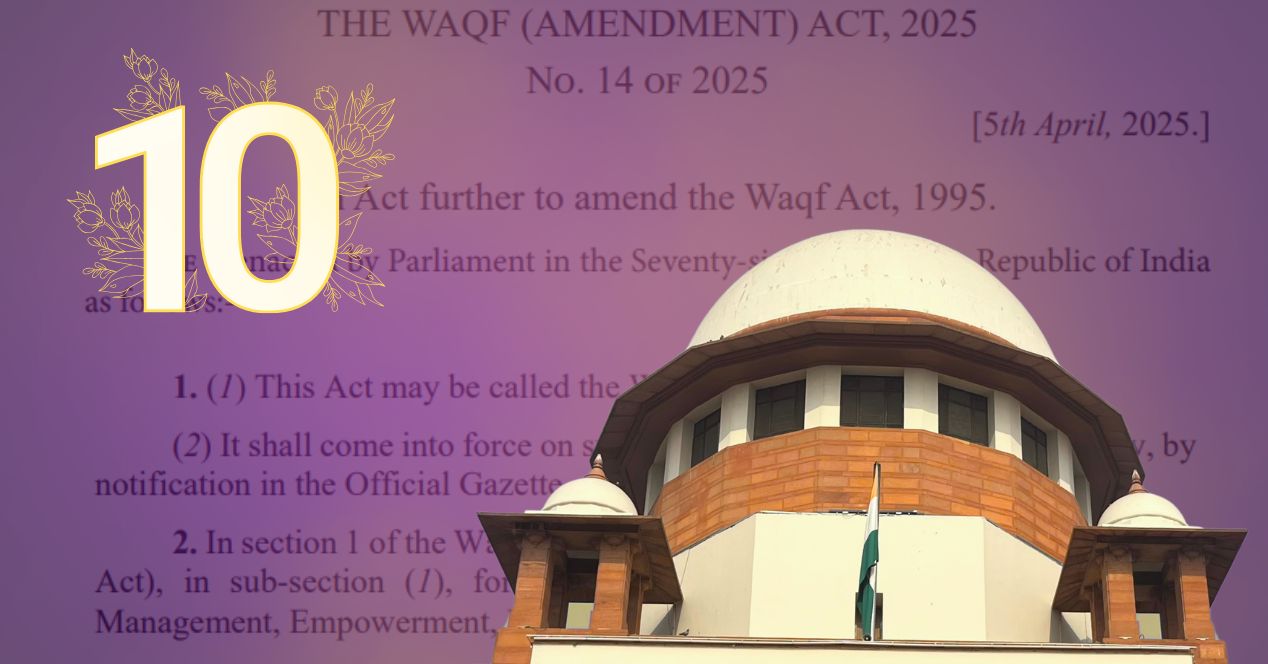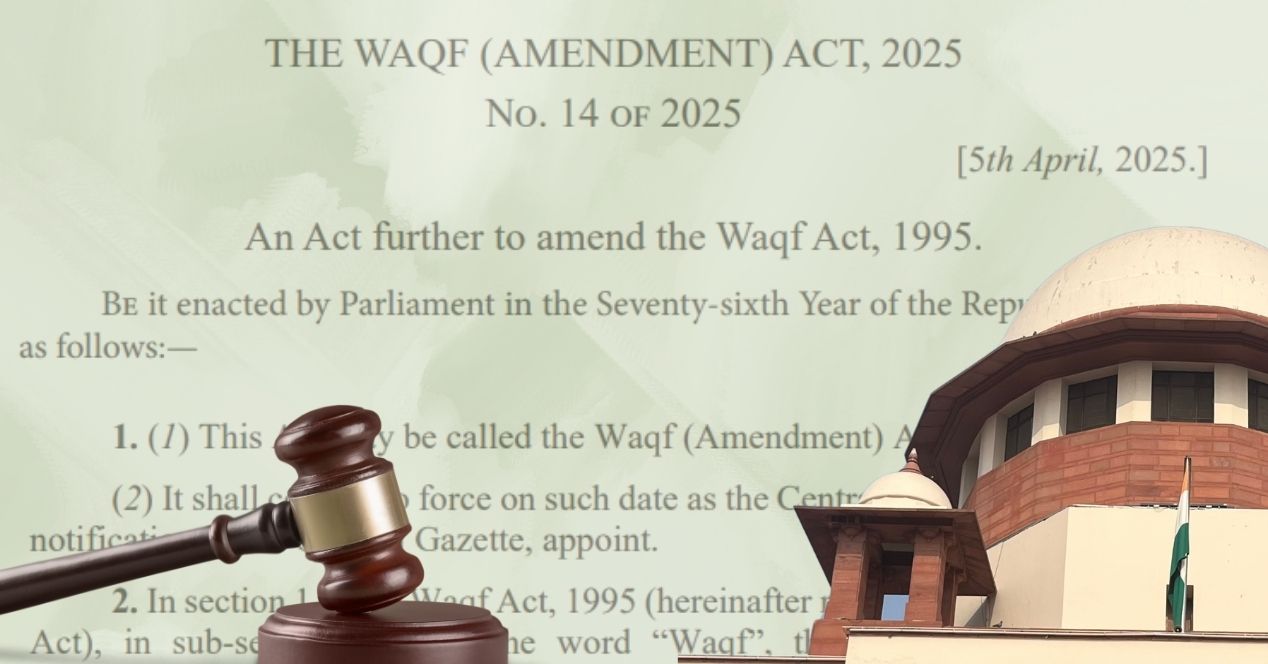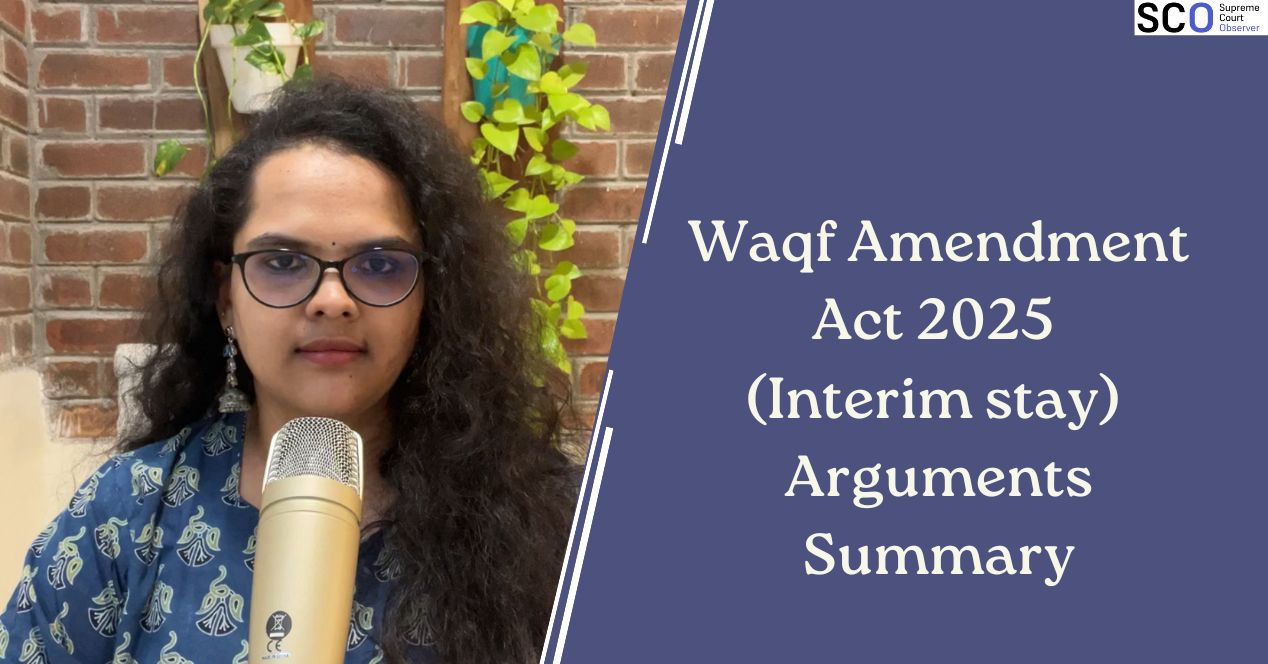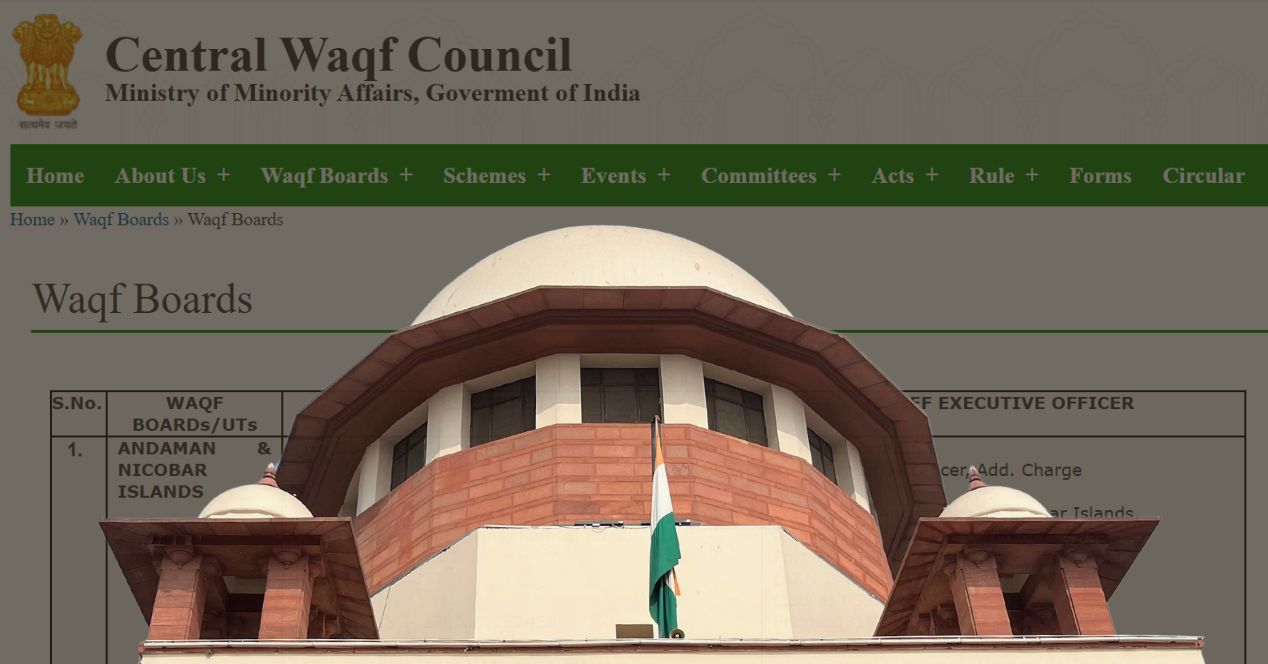Analysis
Balance of inconvenience
The Supreme Court’s stay on portions of the Waqf Amendment Act sidesteps deeper questions on irreparable harm and minority rights
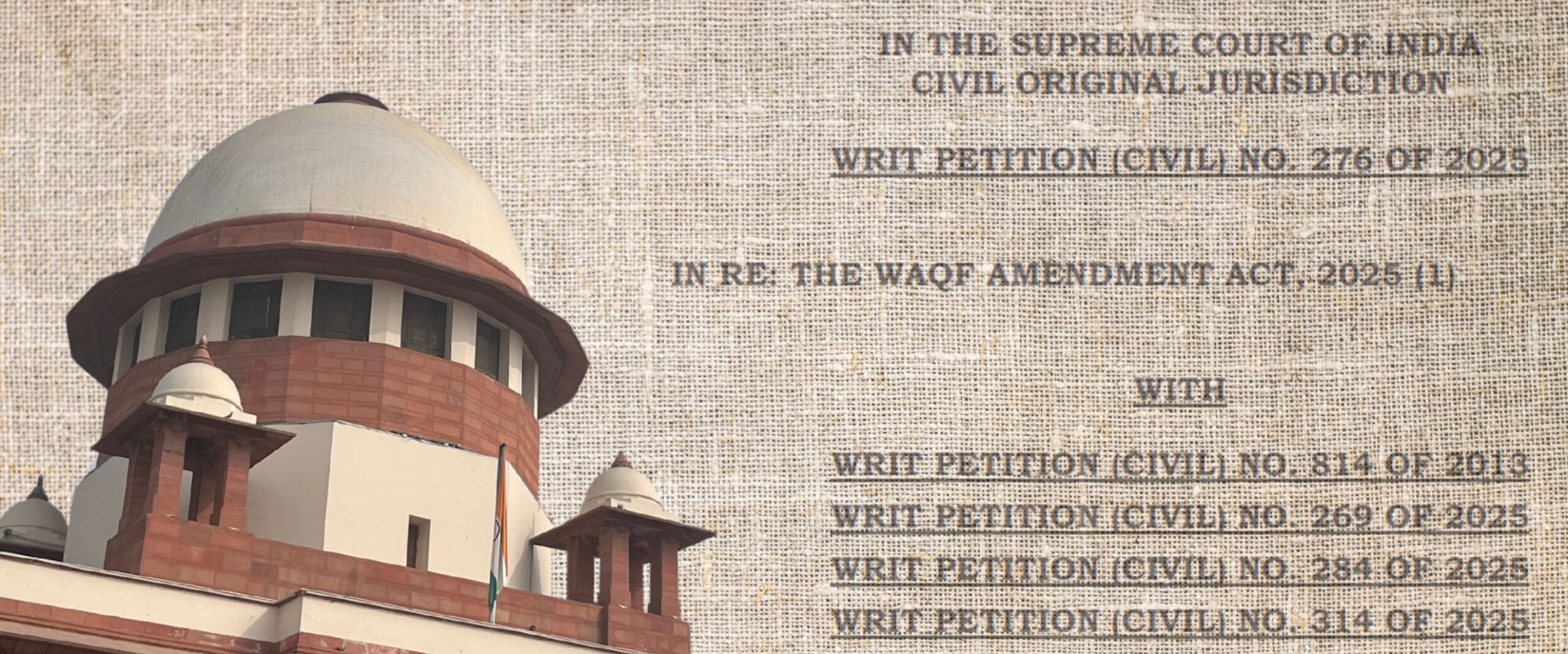
When the challenges to the Waqf (Amendment) Act, 2025 first reached the Supreme Court, Solicitor General Tushar Mehta assured the Bench that there would be no change in the nature of ‘waqf by user’ properties—a promise that appeared to safeguard several mosques, graveyards and community spaces across the country.
But when the Court delivered its verdict on interim relief earlier this week, that assurance was nowhere to be found. The Judgement stayed some of the Act’s provisions, but left ‘waqf by user’ untouched.
Some of the other provisions challenged by the petitioners included a clause mandating creators of waqfs to have practised Islam for at least five years; an inquiry mechanism to determine whether land claimed by the waqf is ‘government property’; the replacement of elected members of Waqf Boards with nominated ones.
The Court’s orders offered interim relief on each of these but also introduced new ambiguities. Take Section 3C for instance. The Court upheld the appointment of a designated officer above the rank of a Collector to conduct an inquiry into whether waqf land is government property. At the same time, it acknowledged that a revenue officer cannot decide the title to a property, a task which falls within the ambit of a judicial or quasi-judicial body like the Waqf Tribunal. The logic is hard to square: if officers cannot decide title, why preserve the inquiry at all? Does the officer’s report act as a trigger, tilting the scales before the Tribunal begins its determination?
The direction on third-party rights is also striking. The Court directed that once an inquiry is initiated under Section 3C, caretakers of waqfs cannot create leases, sales or transfers. The rationale is to prevent disputed land from being alienated while proceedings are pending. But this results in the very sweeping effect that the Court seeks to avoid in interim proceedings: mere initiation of an inquiry by a government officer can tie the hands of a waqf administrator. This, even as the verdict expressly recognises the ‘separation of power’ issue at play here.
Advocate Nizam Pasha, who appeared for one of the petitioners, described the verdict as “disappointing.” Fuzail Ayyubi, an Advocate-on-Record for one of the petitioners, mentioned that ‘waqf by user’ properties—often decades- and centuries-old graveyards and mosques without deeds—had previously never lost legal character for want of registration.
Pasha further added that there had been “no application of mind to any balance of convenience,” noting that the Court failed to weigh the irreparable harm to existing waqfs if the stay was refused. Ayyubi echoed the sentiment: “There is irreparable loss here. Even if we succeed finally, what happens to the balance of convenience in the meantime?”
Beyond the courtroom, the practical difficulties mount. Waqfs have been given six months to re-register on a new web portal. While registration under Section 36(7A) is blocked if the Collector flags an existing waqf as disputed or government property (even though only the Waqf Tribunal can decide title), Section 36(10) bars unregistered waqfs from filing suits six months from the commencement of the Amendment Act. The Act came into force on 8 April but the portal only went live on 6 June. On 22 August, the Court refused urgent listing of a plea seeking suspension of the portal, even as counsel warned that “the clock is ticking” for waqf registration.
The push to amend the Act has unfolded against a charged political backdrop where ‘land jihad’ rhetoric has framed waqf as a vehicle of encroachment. In such a climate, the government’s claim of reform for better management and welfare doesn’t appear quite so straightforward. Couched within it is an acknowledgement of the anti-minority narrative that has steadily gained currency in the country. As the case moves to final hearing, the fate of lakhs of waqf properties continues to hang in the balance.
This article was first featured in SCO’s Weekly newsletter. Sign up now!

